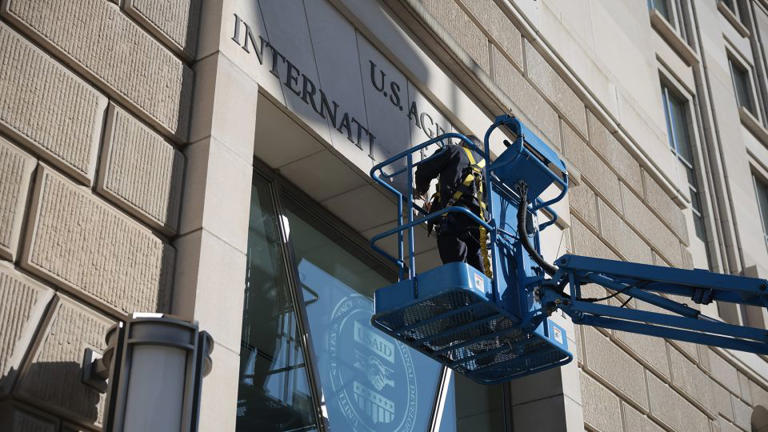
In a seismic shift for U.S. foreign aid, the State Department announced Friday that the U.S. Agency for International Development (USAID) will be effectively dissolved by July 1, with many of its functions absorbed into the department. This decision marks the end of a multibillion-dollar agency that has long been a cornerstone in the fight against global poverty and hunger.
The move, initiated without Congressional input, is expected to face legal challenges. Established by Congress, USAID has been a vital player in humanitarian efforts and a key instrument of America’s soft power. Critics argue that its closure undermines the nation’s global influence and humanitarian commitments.
The Trump administration has been vocal in its criticism of USAID, accusing the agency of mismanaging taxpayer dollars and funding programs that fail to align with U.S. interests. Since taking office, the administration has aggressively dismantled the agency, freezing foreign assistance programs, firing thousands of employees, and canceling billions of dollars in aid contracts. As of last week, fewer than 900 USAID employees remained on the job.
The agency’s unwinding has sparked lawsuits from aid groups and employees, some of whom have faced financial hardships during their abrupt transitions. On Friday, a federal appeals court upheld the administration’s decision to dismantle USAID, though the ruling leaves room for future reversals.
USAID’s dissolution is part of a broader initiative led by Elon Musk’s Department of Government Efficiency (DOGE), which aims to streamline federal operations by cutting jobs and programs across the government. Jeremy Lewin, a senior official at USAID and DOGE liaison, defended the restructuring, stating it would enhance efficiency, accountability, and strategic impact in delivering foreign assistance.
As the July 1 deadline approaches, the fate of USAID remains a contentious issue, with its legacy and impact on global humanitarian efforts hanging in the balance.



